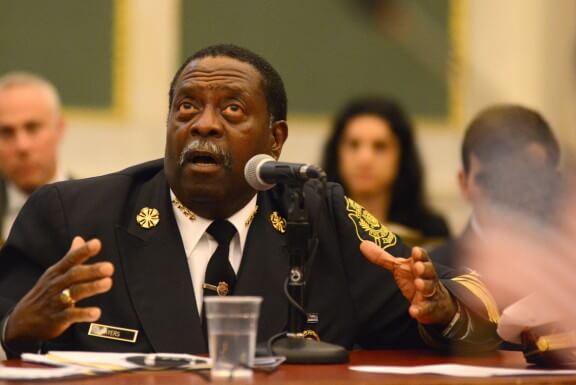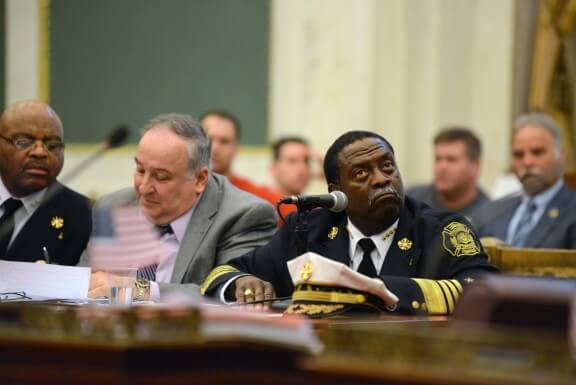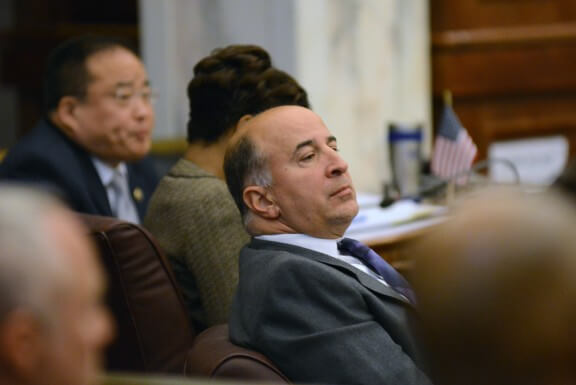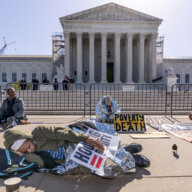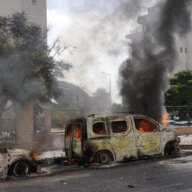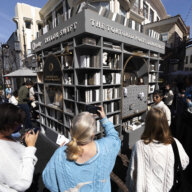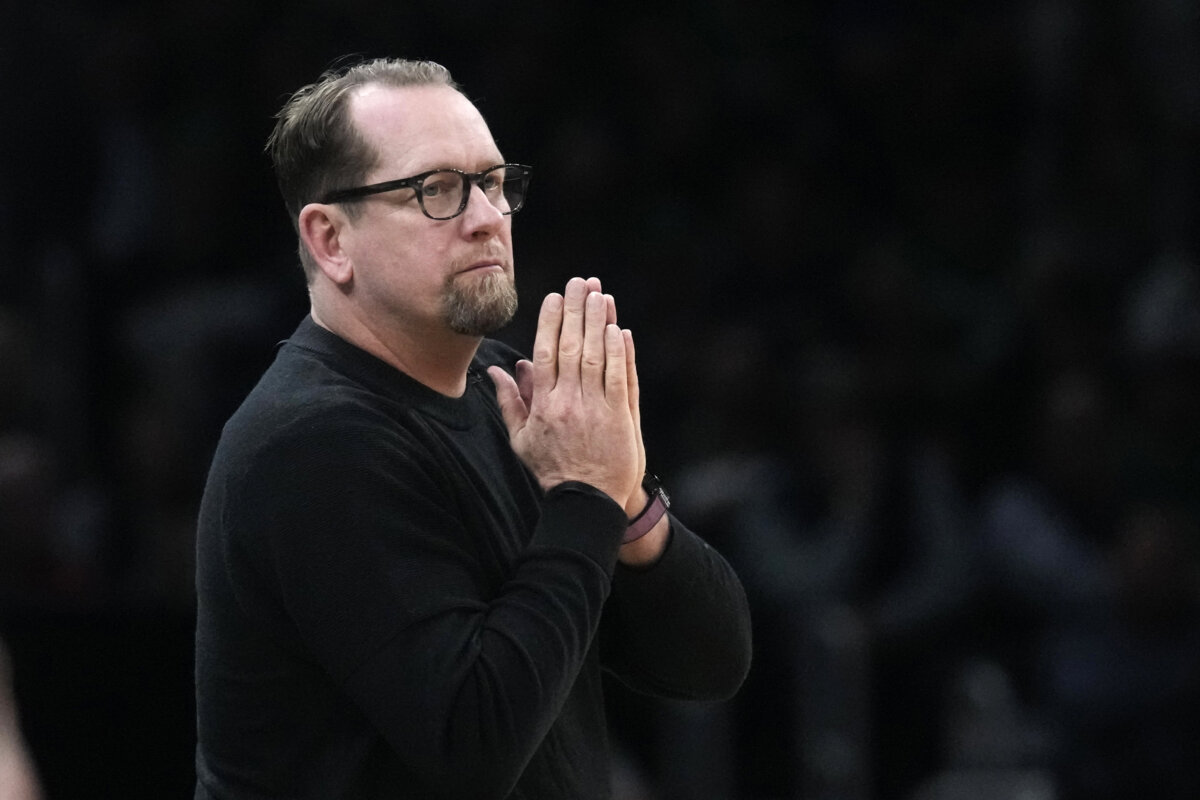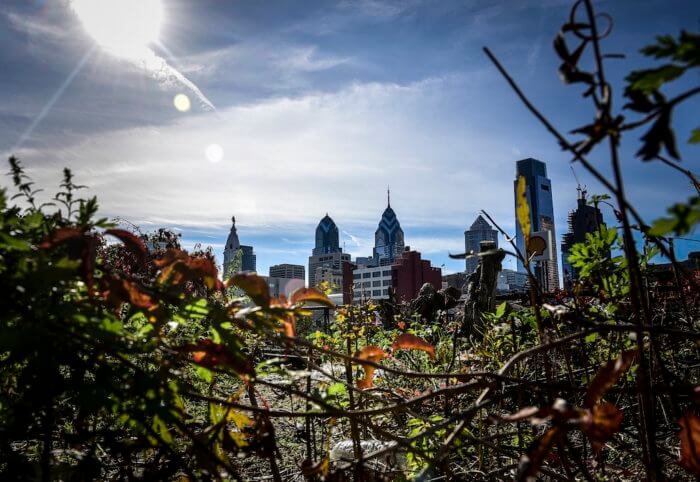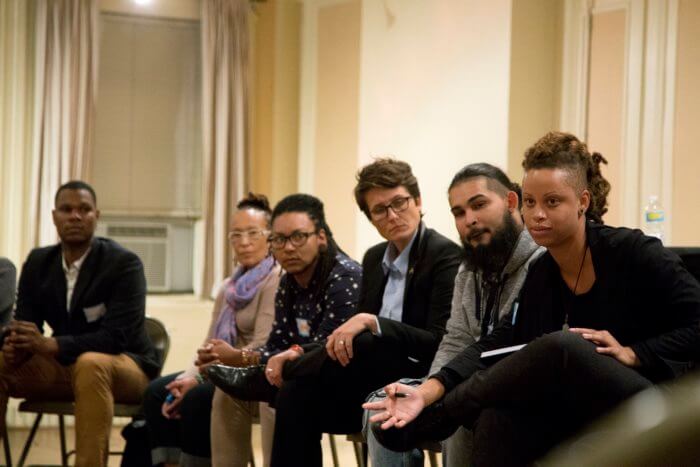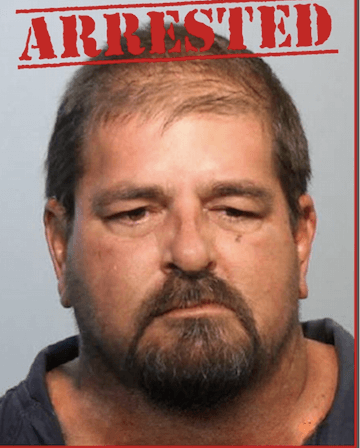A City Council hearing Wednesday on the Philadelphia Fire Department budget reignited a long-simmering dispute – rolling brownouts.
The controversial policy of temporarily taking an engine or ladder company out of service on a rotating basis was implemented in 2010 due to budgetary cutbacks.
In a surprise revelation, Fire Commissioner Lloyd Ayers said he’s in support of ending the practice.
“If the mayor gave me the money, I’d end the brownouts – of course, absolutely,” he said.
But that’s a big “if.”
City Budget Director Rebecca Rhynhart said it’s “the mayor’s position that the brownouts are occurring.”
Council members discussed introducing legislation that would allow them to directly appropriate to the Fire Department the $3.8 million needed each year to eliminate the brownouts.
“I would love to do that, to introduce legislation to give them the money to stop it,” Councilman Mark Squilla said, adding his constituents are concerned that as their taxes rise, the level of service they receive seems to be decreasing.
“But it sounds like, if you talk to the administration, even if you give them more money, they’re not going to eliminate it. So we’ve got to figure out why. What is the mindset, what is the point of the brownouts? We’re still having fire deaths. We’re still having people dying and we’re having firemen dying.”
One of those firefighters is Capt. Michael Goodwin of Ladder 27, who was killed earlier this month battling a blaze at a Queen Village fabric shop.
Firefighters Union Local 22 president Bill Gault said he believes station closures and brownouts were in part to blame.
Two nearby fire companies were shuttered in recent years and the engine company headquartered at Goodwin’s station was browned out that night.
“That neighborhood is so little, so crowded, you have to get resources there,” Gault said.
“Especially with the fireload there, the wires, that requires manpower and water quickly – quickly. We’re lucky – actually, we’re not lucky. We lost three people this year.”
Ayers said brownouts have never been shown to pose public safety hazards.
But Councilman Jim Kenney pointed out ladder companies whose corresponding engines are browned out don’t have access to water until an engine from a different station arrives on the scene.
“What happens when a ladder company gets there, has no water, people are trapped, what do they do until the engine arrives?” he asked.
Ayers said engines respond quickly, within 58 seconds, on average.



